Ebola: a crisis of language
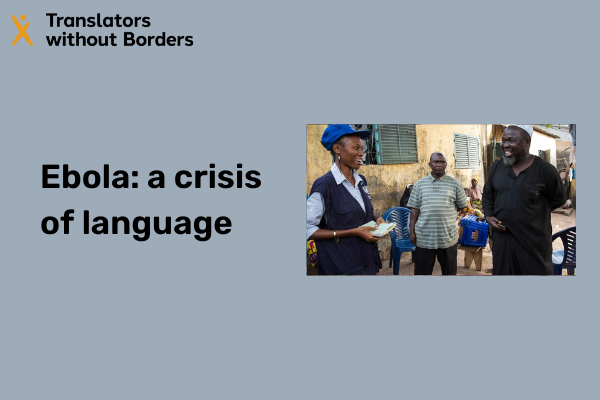
The Language Factor: Lessons for the 11th Ebola outbreak on adapting to the language needs of communities learned during the 10th Ebola epidemic in the Democratic Republic of Congo
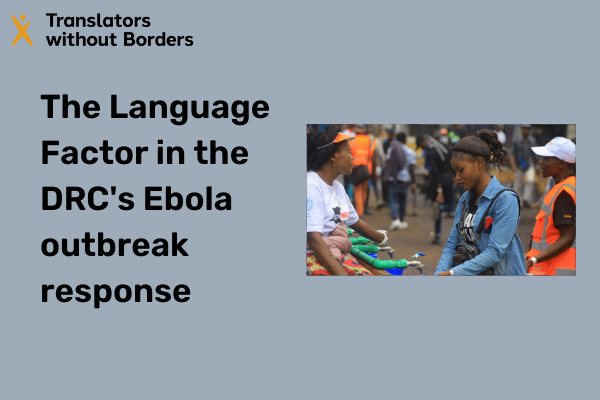
Previous Ebola virus disease (EVD) outbreaks offer lessons for public health experts responding to the 11th outbreak. This review highlights that responders need to […]
The challenges of translation into Congolese Swahili
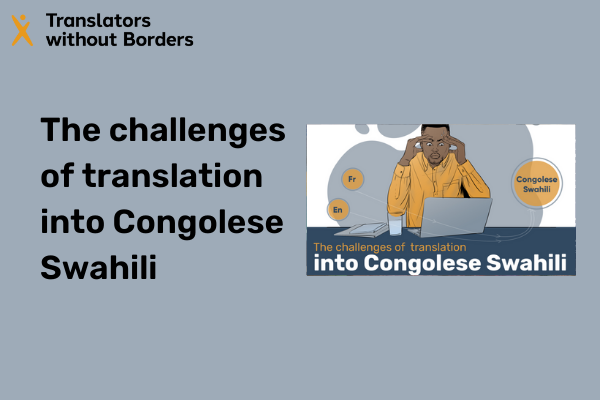
Complaint and feedback mechanisms: Effective communication is essential for true accountability
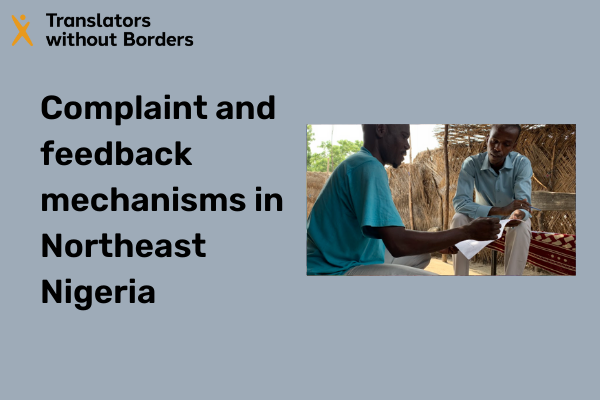
This report summarizes key findings and recommends actions to improve accountability in Northeast Nigeria through more effective and responsive complaint and feedback mechanisms. TWB […]
Language barriers in the humanitarian response in Northeast Nigeria
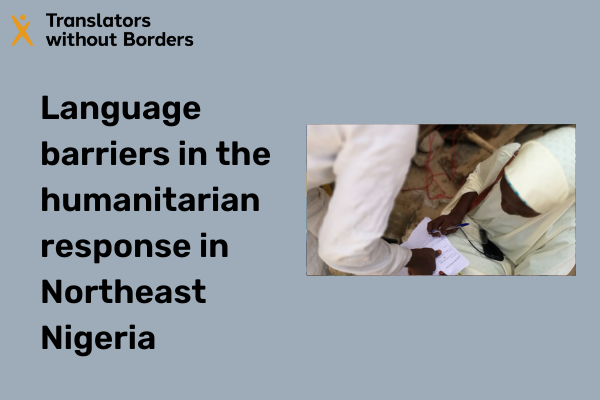
The words between us: How well do enumerators understand the terminology used in humanitarian surveys?
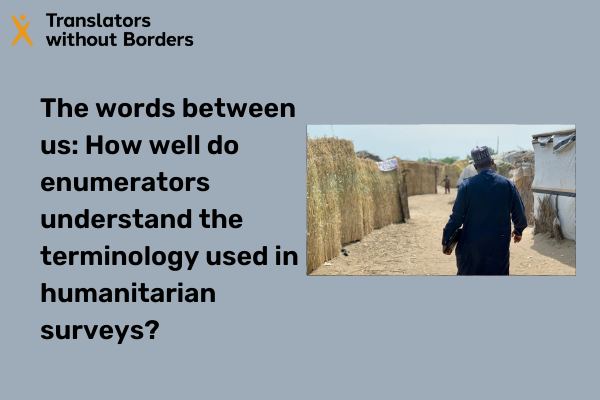
Data collection is the foundation of humanitarian programs, informing humanitarian response plans, program design, and safeguarding measures. If the data is inaccurate, humanitarian action […]
Language matters: Improving accountability and operational effectiveness in Northeast Nigeria
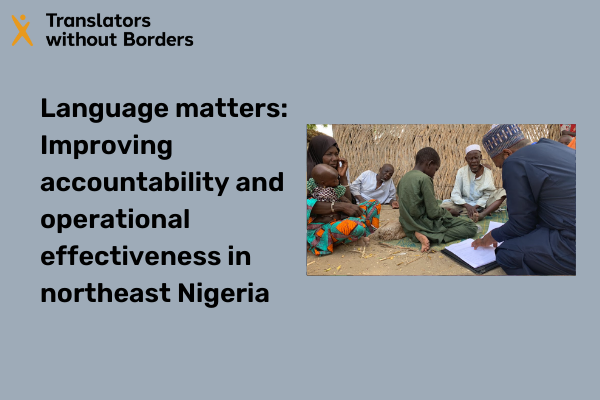
MSNA language data can help humanitarians communicate better with affected people
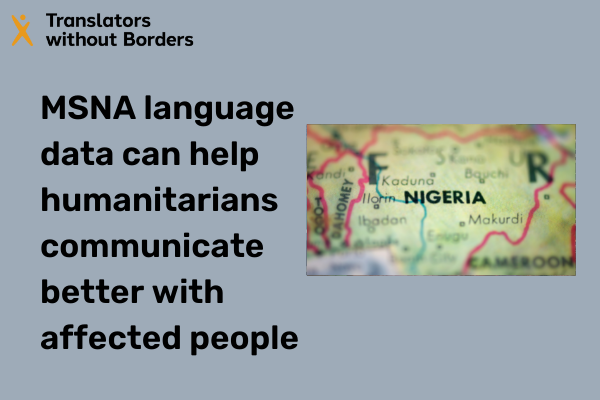
Are they listening? The challenges and opportunities of multilingual audio communication in Borno State
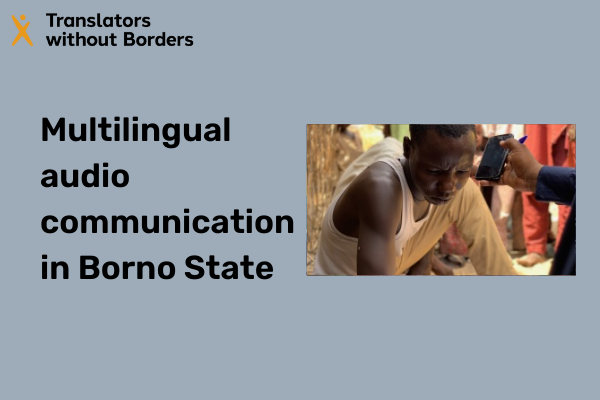
People affected by the conflict in linguistically diverse Northeast Nigeria need to give and receive critical information in multiple languages. Options for doing so […]
The 2021 multi-sector needs assessments (MSNAs) should collect data on the languages of affected people
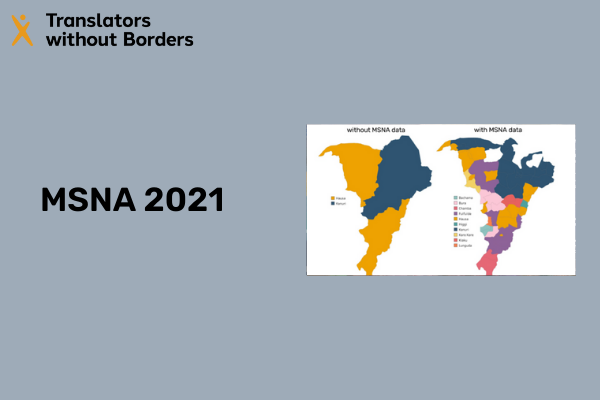
The 2021 multi-sector needs assessments (MSNAs) are a critical opportunity to strengthen the evidence base for effective and accountable humanitarian response plans. Humanitarian donors […]